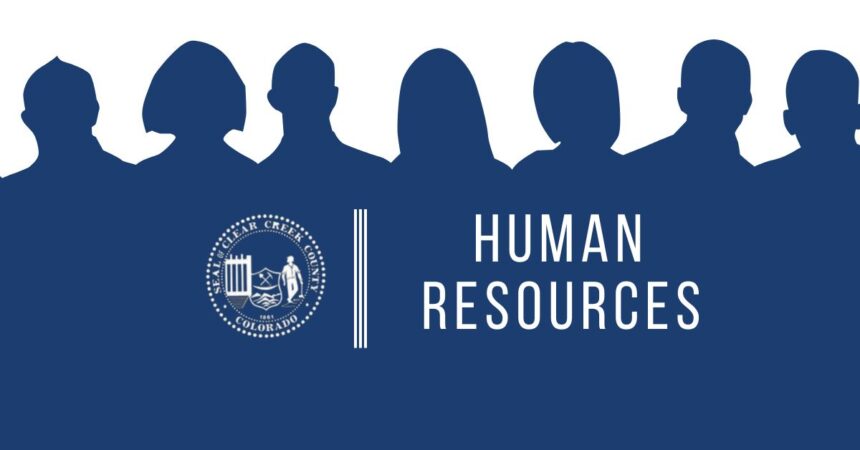A career in human resources (HR) offers a diverse and rewarding path for professionals interested in managing and developing an organization’s most valuable asset—its people. HR plays a critical role in shaping company culture, driving employee engagement, and ensuring compliance with labor laws and regulations. For those considering a career in HR, understanding the various roles, skills required, and opportunities within the field is essential.
Diverse Roles and Specializations in HR
The field of human resources is broad, encompassing various roles that cater to different aspects of workforce management. Entry-level positions, such as HR assistants or coordinators, typically involve administrative tasks, including maintaining employee records, assisting with recruitment, and supporting day-to-day HR operations. These roles provide an excellent foundation for learning the basics of HR and gaining exposure to different functions within the department.
As HR professionals gain experience, they can specialize in areas such as talent acquisition, employee relations, compensation and benefits, training and development, and compliance. Talent acquisition specialists focus on recruiting, interviewing, and hiring new employees, often using data-driven strategies to attract top talent. Employee relations experts handle conflict resolution, employee engagement, and workplace culture initiatives, ensuring a positive and productive environment.
Skills and Qualifications for HR Success
A successful career in HR requires a combination of technical skills, interpersonal abilities, and a deep understanding of business operations. Key skills include strong communication and active listening, as HR professionals often serve as mediators between employees and management. Problem-solving and conflict resolution skills are also crucial, as HR frequently addresses workplace disputes and strives to create harmonious work environments.
Organizational skills are essential for managing multiple tasks, such as coordinating interviews, conducting performance reviews, and maintaining compliance documentation. Attention to detail is critical, particularly when handling sensitive information or ensuring legal compliance. Analytical skills are increasingly valuable in HR, as data-driven decision-making plays a larger role in recruiting, retention, and employee engagement strategies. Proficiency in HR software and platforms, such as applicant tracking systems (ATS) and human resources information systems (HRIS), is also highly sought after.
Many HR roles require formal education, such as a bachelor’s degree in human resources, business administration, or a related field. Professional certifications, such as the Professional in Human Resources (PHR), Society for Human Resource Management Certified Professional (SHRM-CP), or Certified Compensation Professional (CCP), can enhance an HR professional’s credibility and demonstrate expertise in specific areas. Continuous learning through workshops, webinars, and HR consulting can further develop skills and keep professionals updated on the latest trends and best practices.
Trends and Future Opportunities in HR
The HR field is constantly evolving, driven by technological advancements, changes in workforce expectations, and new legal requirements. As automation and artificial intelligence become more prevalent, HR professionals must adapt by embracing technology that enhances efficiency and improves decision-making. The focus on data analytics is growing, with companies seeking to leverage employee data to predict trends, improve retention, and personalize employee experiences.
There is also an increasing emphasis on diversity, equity, and inclusion (DEI) initiatives, with HR professionals playing a central role in promoting fair hiring practices, creating inclusive work environments, and addressing unconscious bias. As companies prioritize mental health and employee well-being, HR professionals are tasked with developing programs that support work-life balance, stress management, and holistic health.
The rise of remote work has further transformed HR practices, requiring new approaches to onboarding, performance management, and employee engagement. HR professionals must be agile and forward-thinking, finding ways to keep remote and hybrid teams connected, motivated, and aligned with company culture.
Conclusion: A Dynamic Career Path
A career in HR offers diverse opportunities to make a meaningful impact within an organization. From recruiting top talent to shaping company culture and driving strategic initiatives, HR professionals are integral to business success. With opportunities to specialize, work in consulting, or advance to leadership roles, HR careers offer a dynamic and fulfilling path. Embracing continuous learning, staying informed about industry trends, and developing a broad skill set will position HR professionals to thrive in this ever-changing field. For those passionate about people and eager to contribute to organizational growth, a career in HR is both a challenging and rewarding choice.








